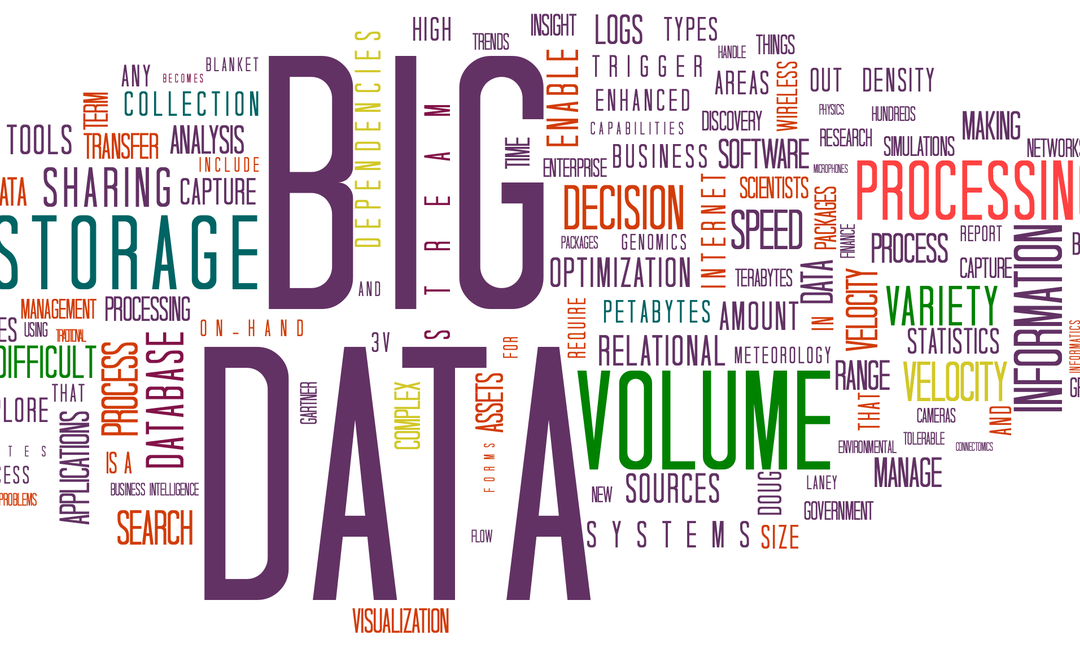Aerospace and defense firms generate an overwhelming amount of data, which is stored both internally and externally. With the sheer volume of data only increasing, the procurement and supply chain function is no exception in looking toward advanced analytics and business intelligence to better leverage their mountain of data.
The nature of these mechanisms is reliant upon continuous availability of data from multiple sources. Companies are investing to support the integration of data in various structured (databases, data feeds etc.) and unstructured (social media, emails, text etc.) forms.
A basic assumption of all analytics initiatives is that the data is relevant, complete and accurate. Given these expectations of quality and the volume of data, it is essential that aerospace organizations have a strong data governance program in place.
Data Governance
A system of decisions and accountabilities for information-related processes that is executed according to agreed-upon models of who can take what actions, with what information, when, under what circumstances, and using what methods.
– Data Governance Institute
- Increasing the value of your existing data by identifying better ways to utilize it
- Ensuring better compliance
- Streamline processes
- Decrease the cost of data management by integrating disparate data sources
- Standardize policies and procedures related to data
- Identify quality, availability, or security issues with your existing processes
- Improve transparency through dissemination and creation of awareness
- Increase revenue through cost savings and more informed decision-making

